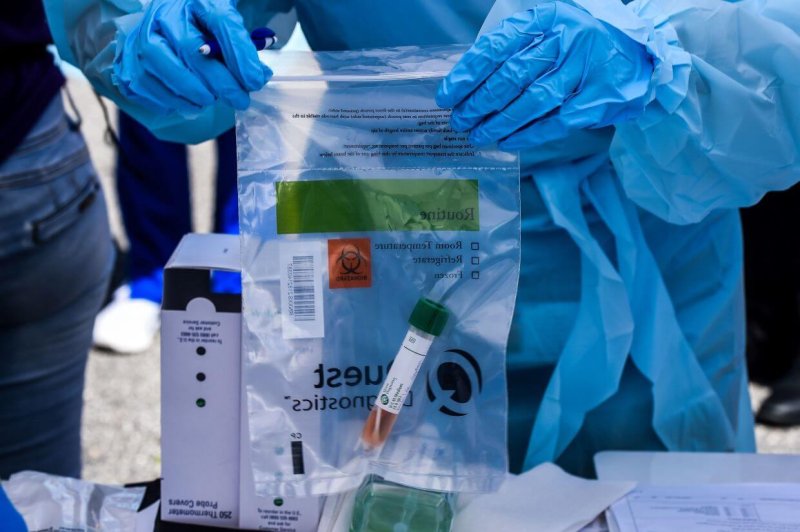Scientists in the United States and China have developed a prototype artificial intelligence (AI) tool that, in a small-scale study, accurately predicted which patients newly infected with SARS-CoV-2 would go on to develop severe respiratory disease.
Surprisingly, the study found that characteristics of COVID-19, including fever, certain features in radiographic lung images, and strong immune responses, weren’t useful in predicting which of the 53 patients—all presenting with initially mild symptoms—would progress to develop severe lung disease. Neither was age or gender helpful in predicting the development of serious disease. Instead, the results indicated that a combination of small changes in levels of the liver enzyme alanine aminotransferase (ALT), patient-reported myalgia (aching muscles), and raised hemoglobin levels, most accurately predicted the development severe disease. Together with other factors, the team reported being able to predict risk of acute respiratory distress syndrome (ARDS) with up to 80% accuracy.
…
The investigators suggested that their study demonstrates that predictive analytics could feasibly be used alongside doctors to help distinguish “sick” from “not sick,” and that the model highlights how some pieces of clinical data may be “underappreciated” by clinicians, such as small increases in ALT and hemoglobin as well as myalgia.































